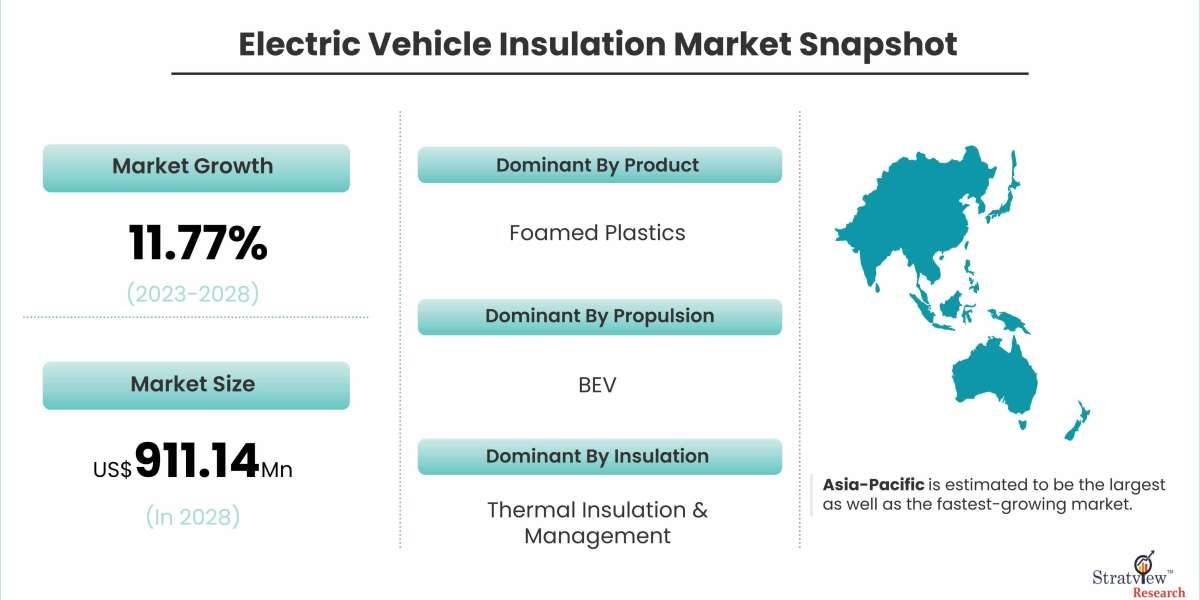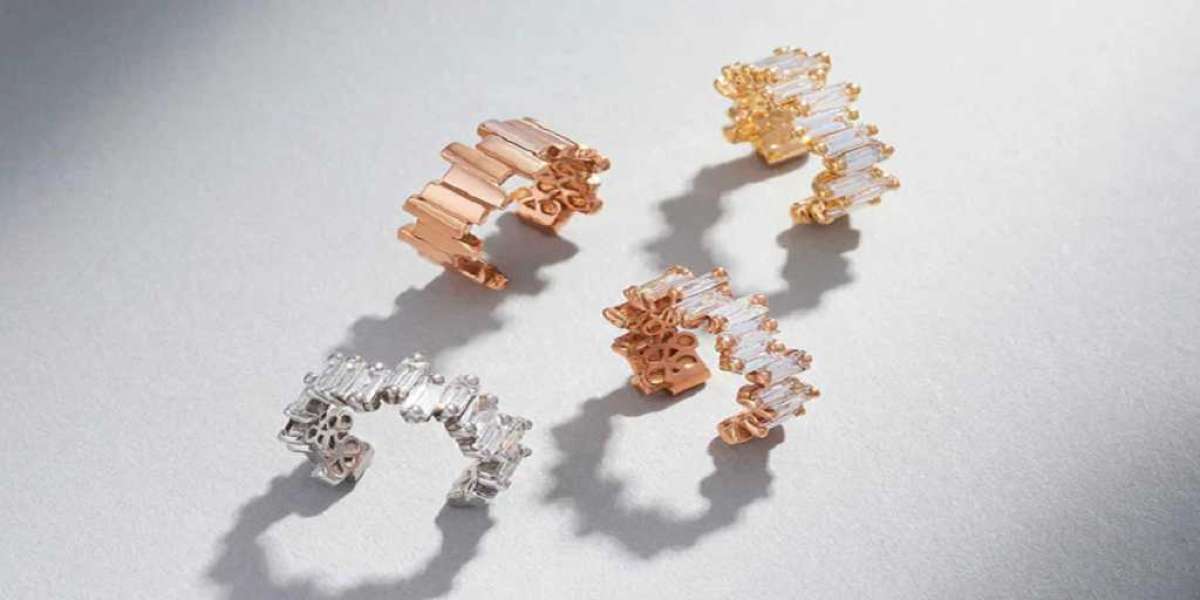The electric vehicle (EV) insulation market is witnessing remarkable growth, fueled by the global shift towards electric mobility and the need for advanced thermal management solutions. Insulation in EVs plays a critical role in enhancing safety, efficiency, and overall vehicle performance by managing heat, reducing noise, and protecting sensitive components. As the EV industry continues to expand, the demand for high-performance insulation materials is expected to rise significantly. This article explores the market size, key trends, and future forecasts for the electric vehicle insulation market.
Market Size and Growth Projections
According to Stratview Research, the electric vehicle insulation market was estimated at USD 463.3 million in 2022 and is likely to grow at a CAGR of 11.77% during 2023-2028 to reach USD 911.14 million in 2028.
In terms of regions, Asia-Pacific is estimated to be the largest as well as the fastest-growing market during the forecast period, with China being the major region with lucrative growth opportunities. The growth of the market is driven by the presence of major electric vehicle manufacturers such as BYD, Geely, SAIC, Chery Automobile, JAC Motors, and Zotye Automobile, creating a positive impact on the market. The growing concern to reduce greenhouse gas emissions is also creating an increase in the demand for electric vehicle insulation in the region.
Key Trends Shaping the Market
- Advancements in Battery Technologies
As battery technologies evolve, the need for effective insulation solutions is becoming more pronounced. High-energy density batteries generate significant heat, making advanced insulation materials crucial for safety and performance. Innovations in battery design are prompting the development of next-generation insulation products that can withstand extreme temperatures and improve thermal management.
- Focus on Lightweight and Sustainable Materials
The automotive industry’s push towards lightweight vehicles to enhance efficiency and range is influencing the insulation market. Manufacturers are increasingly focusing on developing lightweight insulation materials, such as aerogels and advanced foams, which not only improve thermal performance but also contribute to overall vehicle weight reduction. Additionally, there is a growing emphasis on sustainable materials, such as bio-based and recycled composites, aligning with the industry’s environmental goals.
- Increased Use of Multi-Functional Insulation Solutions
There is a rising demand for multi-functional insulation materials that offer combined benefits, such as thermal management, noise reduction, and electromagnetic shielding. These materials enhance overall vehicle performance and comfort, making them highly sought after in the electric vehicle market.
Future Forecasts
The future of the electric vehicle insulation market looks promising, with continued advancements in material science and a growing focus on electric mobility. Innovations in nanotechnology and smart materials are expected to further drive the market, offering new opportunities for enhanced insulation solutions that meet the evolving needs of modern electric vehicles.
As governments worldwide push for greener transportation options and manufacturers innovate to meet these demands, the electric vehicle insulation market is poised for substantial growth. This expansion presents lucrative opportunities for companies to develop advanced, sustainable, and cost-effective insulation solutions that will shape the future of the electric vehicle industry.
Conclusion
The electric vehicle insulation market is on a growth trajectory, driven by technological advancements, the push for sustainability, and the increasing adoption of EVs. As the market evolves, the focus will remain on developing innovative insulation materials that enhance vehicle performance, safety, and efficiency, positioning the industry for a dynamic and promising future.













